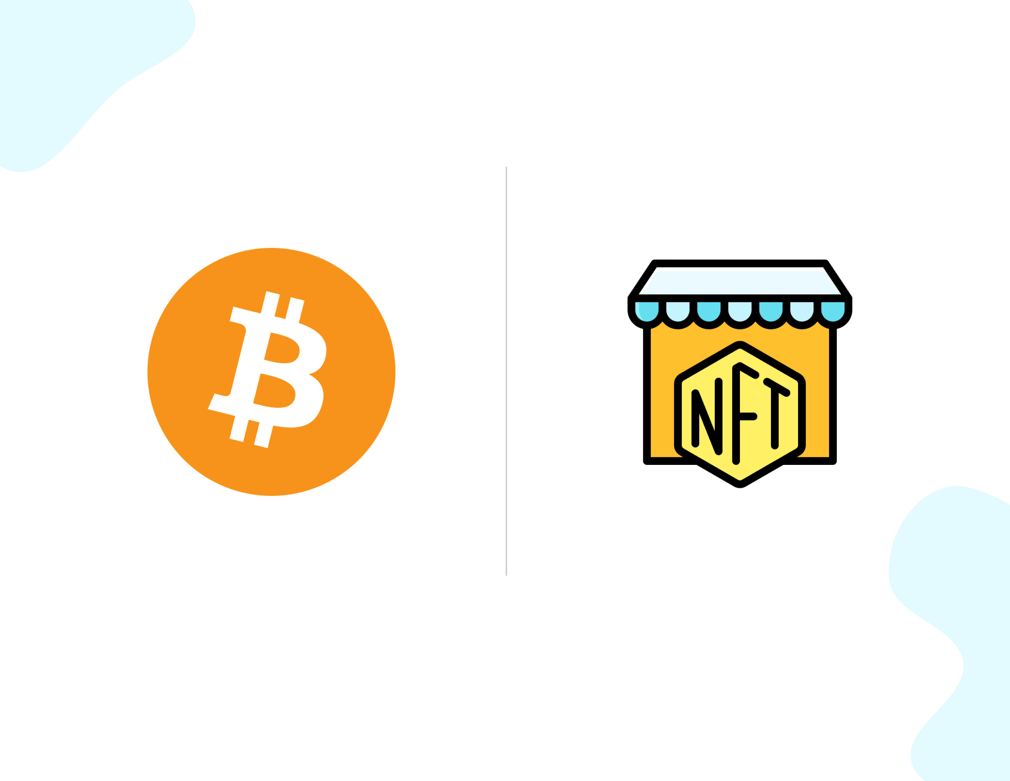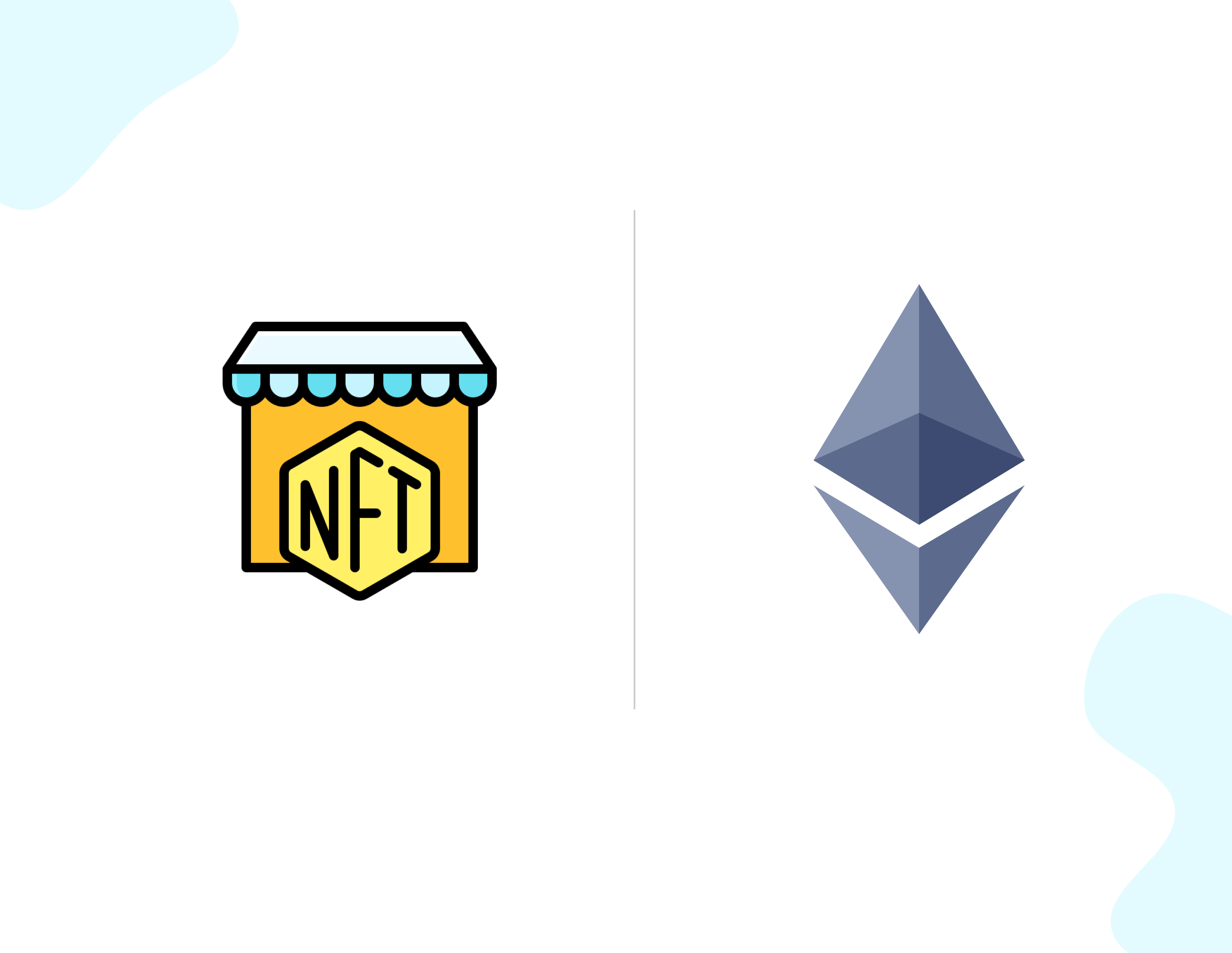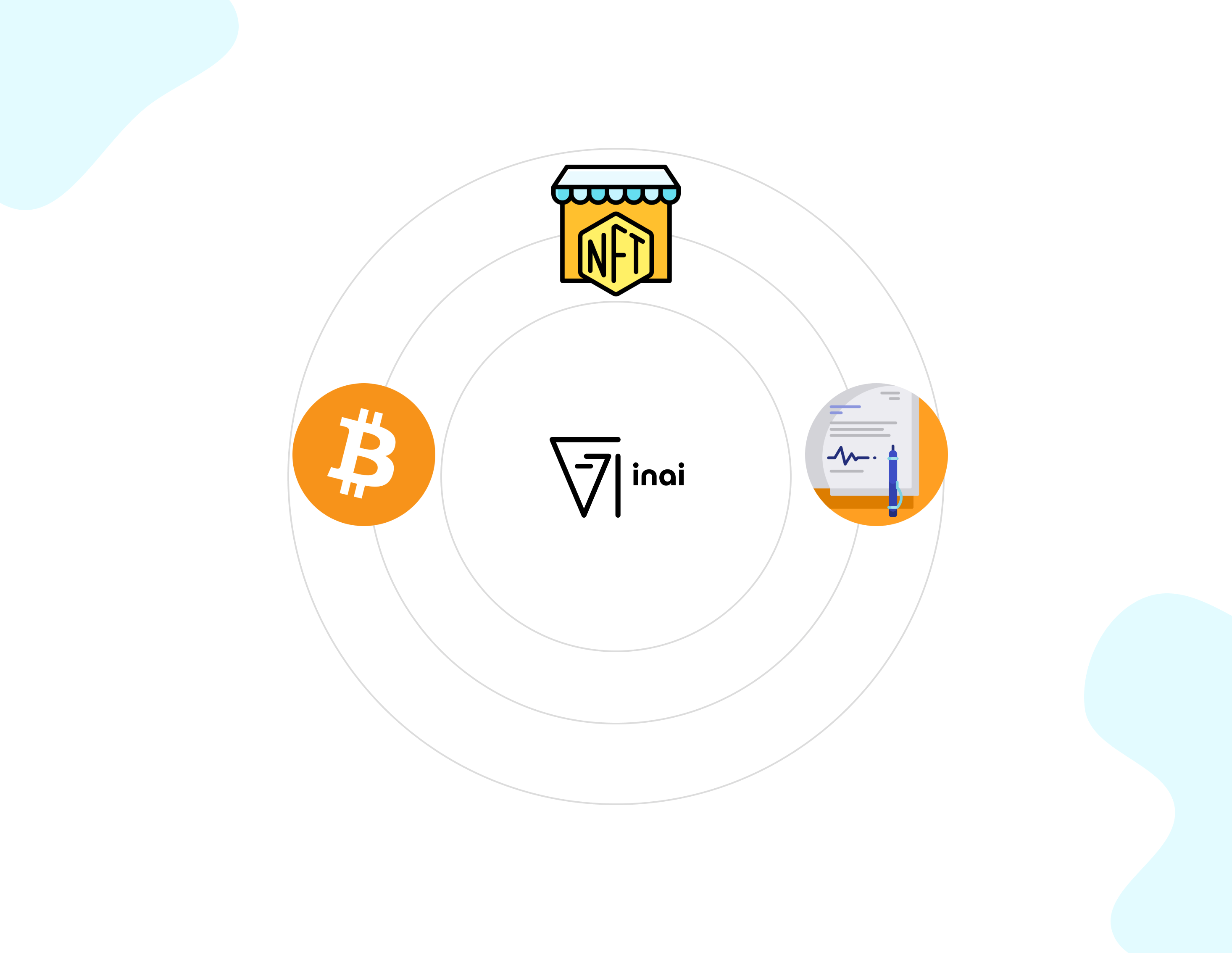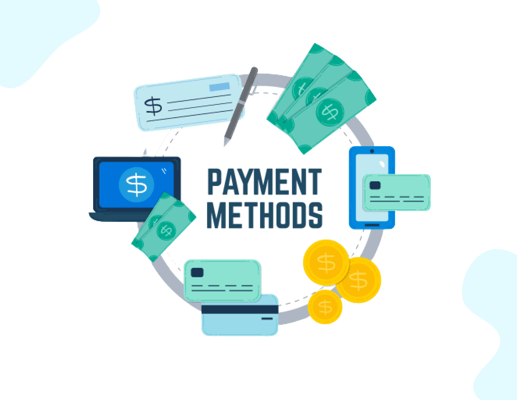Cryptocurrencies and non-fungible tokens (NFTs) are examples of digital assets stored on a blockchain. Cryptocurrencies are used as a form of payment, while NFTs are typically used to represent ownership of digital or physical assets. Both markets have seen tremendous growth in recent years, as more and more people are beginning to use and invest in these assets.
The development of the crypto and NFT market is a testament to the increasing demand for alternative investments during the pandemic. As an investor or researcher, there may be moments when you feel overwhelmed by all the terms thrown around – Ethereum, Non-Fungible Tokens, and Decentralized Exchange.
What Do All These Terms Mean?
As with any emerging technology or sector, the terminology changes quickly as new entrants find words that resonate with users. This guide will help you understand a few critical concepts related to Cryptos, NFTs, DeFi Protocols, and Smart Contracts.
What Are Cryptos?
Cryptocurrencies are digital assets operating on decentralized networks and use a consensus mechanism to record and verify transactions on a Blockchain. Bitcoin is an excellent example of a Blockchain-based digital asset. The decentralized networks that cryptocurrencies depend on are highly resilient and tamper-proof.
This means no single individual can change or reverse transactions on the Blockchain. The consensus mechanism ensures that all nodes agree on valid and invalid transactions
What Are NFTs?
Blockchain technology's primary feature is to enable the creation of entirely digital assets. These assets can be anything: video games, art, memes, or various other digital or physical items.
Digital assets are non-fungible tokens (NFTs) and have recently become a vital feature of the Blockchain industry. Since a digital asset is non-fungible, it is unique and difficult to substitute with another instance of itself.
On a Blockchain, you can store digital assets conveniently, as each NFT has an associated smart contract. Additionally, you can buy, sell, and even trade NFTs online.
What Are DeFi Protocols?
DeFi or Decentralized Financial protocols help to create a decentralized financial system. Ethereum is a well-known example of a decentralized protocol in the crypto space. A protocol is a set of rules and conventions governing how different network parts interact. These protocols provide a trustworthy, secure, and efficient way of exchanging assets without a central authority.
You can create decentralized applications (DApps) on a single Blockchain network. DApps lets users connect without the need for a central server. With Ethereum, you can create, trade, and use digital assets within the same network.
What Are Smart Contracts in Blockchain?

Smart contracts are computer protocols that facilitate and verify the execution of agreements between parties. Smart contracts usually reside on a Blockchain network, where some external event triggers them.
Once they are triggered, they autonomously and irreversibly execute the terms of the contract. A massive benefit of smart contracts is the reduced risk of fraud or tampering. Once the contract is on the Blockchain, you can't change the code. Once the code's triggered, they autonomously and irreversibly execute the terms of the contract. Ethereum stores some of the most famous intelligent contract implementations.
Other blockchains, such as Neo and Wabi, also support smart contracts. Like other blockchain-based applications, however, smart contracts are inherently non-centralized and cannot be hosted on a traditional server.
Differences Between Crypto and NFTs

Cryptocurrencies and non-fungible tokens (NFTs) are digital assets you can trade on Blockchain-based platforms. Despite their similarities, there are some critical differences between the two.
Cryptocurrencies are fungible, meaning that each unit is interchangeable with another unit of the same type. These cryptocurrencies are based on decentralized ledger systems where each unit is recorded as a transaction on the Blockchain. On the other hand, NFTs are non-fungible, meaning that each token is unique and cannot be replaced by another. NFTs often represent ownership of digital or physical assets, such as art, collectibles, or real estate.
One of the main benefits of fungibility is that it allows for easy trading of assets. If you own one Bitcoin, you can trade it for two Litecoins, or 10,000 Satoshi, without any problems. Each cryptocurrency unit is equal to another. With NFTs, each token is unique and has an exceptional value.As such, trading NFTs can be more complex, as you must consider each token's value.
Difference Between NFTs and Defi Protocols

The difference between NFTs and DeFi protocols is that decentralized protocols rely on using distributed ledgers to validate transactions and data.
Decentralized protocols do not depend on a single node to make all of the decisions in the network. Instead, they rely on many nodes to come to the same conclusion about a transaction or network state. On the other hand, NFTs are unique digital assets that cannot be replaced, such as artwork or collectibles.
In contrast, DeFi protocols are used for financial transactions, such as loans or payments. As such, NFTs are more suitable for use cases where the asset is of value in and of itself. DFPs are more suitable for use cases where the asset is exchanged for another asset of equal value.
Payment Issues Related to Global Currencies
Cryptocurrencies are a new and evolving way of conducting transactions, but they come with their challenges.
Cryptocurrencies aren't widely recognized globally, given their volatile pricing. Many people don't use crypto as a medium of exchange for everyday purchases (except in some cases).One of the significant issues is payment processing. Cryptocurrencies are not yet widely accepted as a form of payment, so finding a way to process payments can be difficult. There are a few options available, but each comes with its challenges. One option is to use a traditional payment processor, such as PayPal. However, PayPal does not currently support cryptocurrencies. Alternatively, you can also use a cryptocurrency exchange. This is risky, as exchanges are often subject to hacking attempts.
Additionally, exchanges typically charge a high fee for conducting transactions. This also means you would have to convert your cryptocurrency into a traditional currency, which can be costly and time-consuming. Another option you can choose is to use a peer-to-peer payment system. This option is generally considered the most secure, but finding someone willing to accept cryptocurrency payments can be difficult.
Overall, payment processing is one of the biggest challenges facing cryptocurrencies. While there are a few options available, each has its respective challenges. Finding a secure and convenient solution is essential for the continued success of cryptocurrencies.
How inai can help?
Crypto payments have been considered high risk compared to traditional payment methods. Despite the low cost and high speed, there have been issues with ensuring customers get the best deal and security concerns, as there have been ongoing problems with digital wallet hacks.
Many payment gateways also do not support the acceptance of crypto payments. Crypto is not a widely preferred payment method accepted by all the payment gateways, which makes it a little difficult to use regularly. However, payment aggregator platforms like inai step in and simplify the complicated payment stack between crypto and fiat money, to help online businesses make the most of their payment methods. Since inai offers multiple payment options, crypto players can seek immense support for on ramp and off ramp transactions. With our plug and play model, all you need to do is simplify your payment terms, connect your platform with our gateway, and you can start accepting crypto based payments immediately.
inai’s true worth as a payment aggregator comes to the fore when we connect your business to tailor-made payment gateways to easily accept cryptocurrency payments. .png?width=4068&name=CTA%20(7).png)
.png?width=123&height=71&name=inai%20logo%20-%20dark%201(1).png)

.png?width=150&name=karthik%20(1).png)
.png?height=400&name=Header%20-%20How%20Can%20Businesses%20Pay%20Remote%20Workers%20in%20India_%20(1).png)
.png?width=50&name=karthik%20(1).png)

.png?height=400&name=Header%20-%20How%20Can%20Merchants%20Reduce%20the%20Risk%20of%20Chargebacks_%20(1).png)